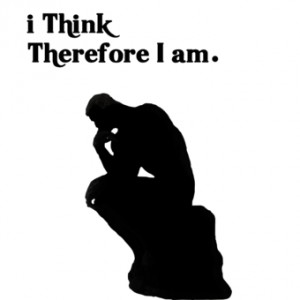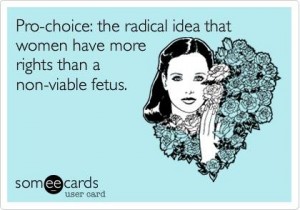Word Of The Month: Personhood
 Personhood is the status of being a person.
Personhood is the status of being a person.
Sounds simple, right ? But defining personhood is a very controversial topic !! One needs to draw upon philosophy, anthropology, genetics, ethics as well as law to reach some conclusions.
In law only a natural person or legal personality has rights, protections, privileges, responsibilities, and legal liability. (Ref: Wikipedia). There are many who attempt to limit the right to safe abortion by ascribing “ personhood” to the fetus.
Personhood is a topic of debate, often very heated, and has been questioned during the abolition of slavery and the fight for women’s rights, in debates about abortion, fetal rights and reproductive rights, in animal rights activism, as well as in debates about corporate personhood. There are simply so many different ways of questioning or understanding what is a ‘person’ and we will list some here for you:
- Capacities should include human nature, agency, self-awareness, a notion of the past and future, and the possession of rights and duties, among others.
- Any human (or non-human) agent which: (1) possesses continuous consciousness over time; and (2) who is therefore capable of framing representations about the world, formulating plans and acting on them.
- Harry G. Frankfurt suggests that the concept of a person is intimately connected to free will, and describes the structure of human volition according to first- and second-order desires: Besides wanting and choosing and being moved to do this or that, [humans] may also want to have (or not to have) certain desires and motives. They are capable of wanting to be different, in their preferences and purposes, from what they are.
- Still others have said a person is “an individual substance of a rational nature” , a conscious, thinking being, which knows that it is a person (self-awareness).
 According to some criteria even dolphins could be considered persons ! In 2007, the parliament of the Balearic Islands, an autonomous province of Spain, passed the world’s first legislation granting legal rights to all great apes. In 1992, Switzerland amended its constitution to recognize animals as beings and not things. A decade later, Germany guaranteed rights to animals in a 2002 amendment to its constitution, becoming the first European Union member to do so. New Zealand granted basic rights to five great ape species in 1999. Their use is now forbidden in research, testing or teaching. In 2013, India officially recognized dolphins as non-human persons.
According to some criteria even dolphins could be considered persons ! In 2007, the parliament of the Balearic Islands, an autonomous province of Spain, passed the world’s first legislation granting legal rights to all great apes. In 1992, Switzerland amended its constitution to recognize animals as beings and not things. A decade later, Germany guaranteed rights to animals in a 2002 amendment to its constitution, becoming the first European Union member to do so. New Zealand granted basic rights to five great ape species in 1999. Their use is now forbidden in research, testing or teaching. In 2013, India officially recognized dolphins as non-human persons.
Why does this matter to us as advocates for safe abortion rights?
The beginning of human personhood is a concept long debated by religion and philosophy. According to some theories, once human beings are born, personhood is considered automatic.
A political movement in the United States seeks to define the beginning of human personhood as starting from the moment of fertilization with the result being that abortion, as well as forms of birth control that act to deprive the human embryo of necessary sustenance in implantation, could become illegal.
Susan Bordo has suggested that the overwhelming focus on the issue of personhood in abortion debates has often been an alibi for depriving women of their own rights as persons. She writes that “the legal double standard concerning the bodily integrity of pregnant and nonpregnant bodies, the construction of women as fetal incubators, the bestowal of ‘super-subject’ status to the fetus, and the emergence of a father’s-rights ideology” demonstrate “that the current terms of the abortion debate – as a contest between fetal claims to personhood and women’s right to choose – are limited and misleading.”
Until the fetus is viable, any rights granted to it may come at the expense of the pregnant woman, simply because the fetus cannot survive except within the woman’s body. Upon viability, the pregnancy can be terminated, as by a c-section or induced labor, with the fetus surviving to become a newborn infant.
Philosophical aspects of the abortion debate
 The view that all or almost all abortion should be illegal generally rests on the claims: (1) that the existence and moral right to life of human beings (human organisms) begins at or near conception-fertilization; (2) that induced abortion is the deliberate and unjust killing of the embryo in violation of its right to life; and (3) that the law should prohibit unjust violations of the right to life.
The view that all or almost all abortion should be illegal generally rests on the claims: (1) that the existence and moral right to life of human beings (human organisms) begins at or near conception-fertilization; (2) that induced abortion is the deliberate and unjust killing of the embryo in violation of its right to life; and (3) that the law should prohibit unjust violations of the right to life.
The view that abortion should in most or all circumstances be legal generally rests on the claims: (1) that women have a right to control what happens in and to their own bodies; (2) that abortion is a just exercise of this right; and (3) that the law should not criminalize just exercises of the right to control one’s own body.






